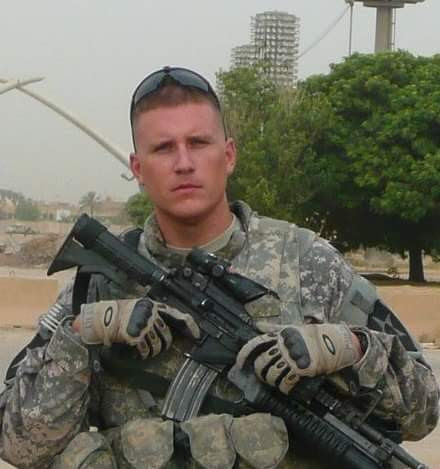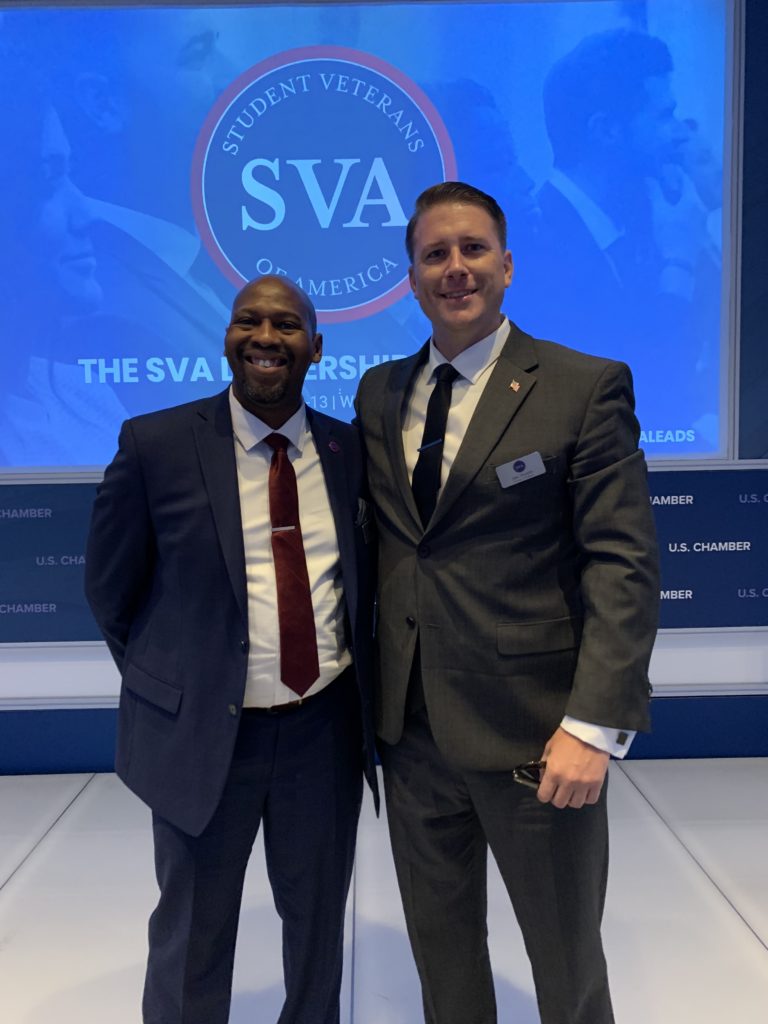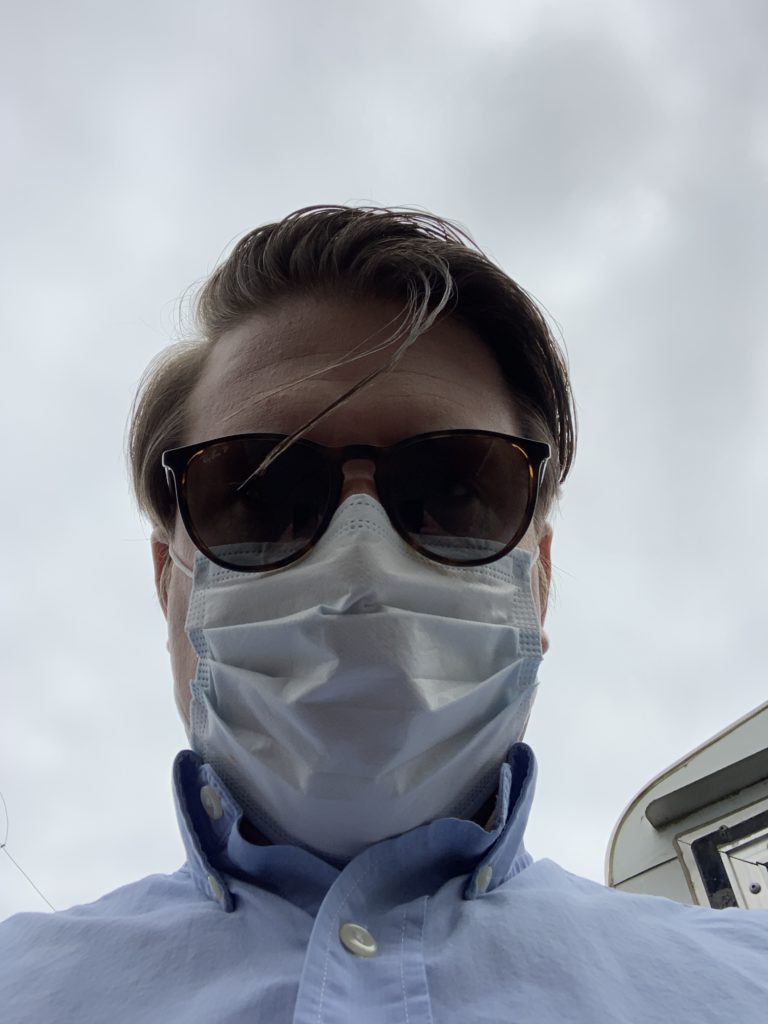Jake Murphy
Jake Murphy knew from an early age he wanted to join the military. So, in 2006, just before his 21st birthday, he shipped off from his hometown of Seattle, Washington to serve nine years on active duty as an infantryman in the U.S. Army.
Jake Murphy knew from an early age he wanted to join the military. So, in 2006, just before his 21st birthday, he shipped off from his hometown of Seattle, Washington to serve nine years on active duty as an infantryman in the U.S. Army. He spent time stationed in Hawaii, Washington, and California with various units. During him time in service, Jake worked three separate deployments, one to Iraq and two to Afghanistan. In 2015, those nine years came to an end and with two kids in tow, Jake sought out his education journey at the University of Washington at Tacoma where he graduated with a Bachelor’s in Accounting this past August. We caught up with him to see what life looks like outside of school these days!
What is one thing or tip the military taught you that helped you adapt to your higher education environment?
Almost everything you do in the military can translate over to the civilian world. I went from being an infantry NCO to accepting an offer with a Big 4 accounting firm. If I can do it, you can.
FSU Intramural Flag Football Participant in 2012, and my dog thinks I’m pretty neat.

Why did you choose to get involved with the SVA chapter at Washington-Tacoma?
I originally wanted nothing to do with the Student Veterans of America or any other military-related organization simply because I made a completely biased decision based on incorrect information. I looked at it as a bunch of people who could never let go of those military days, always talking about their favorite MRE and which pair of Danners were the most comfortable on the FOB. But once I became friends with our chapter president, it dawned on me. I don’t know anything, haha. This group wasn’t thinking in the past at all, they were constantly thinking about the future and how to better position the next student veteran who walked into their doors.

What events or efforts were crucial in your chapter’s path to impact and success?
Honestly just engaging with our campus community has been crucial so far. We worked with our local populace on events like Veterans Day flag planting and we started a student veterans’ network for post-graduation.
What is one thing you learned from your time in SVA that helped you transition into the professional workforce?
That I am not alone. That there are others like me, who have gone through the same struggles and made it out on top and not only do they make it, but they give back to the same community that helped them.

What career path are you on/what do you do now after graduation and where are you located?
After graduation, I will be taking a short break to head to Vegas for my annual Fantasy Football Draft, and then its straight to work as a Risk Assurance Consultant with Ernst and Young in Washington.
If you could pass on any recommendation to current and future student veterans for individual success in SVA and their chapter what would it be?
Every veteran who exits the military, does it with a chip on their shoulder. We feel we have done so much yet our civilian counterparts don’t always see it the same way we do. But when you add some practical, real-world experience in your new career field, you will be more valuable than ever. Unfortunately, it’s not as easy for us to get the experiences our younger classmates might be able to get. But if you can get into an internship, do whatever you can and make that internship a reality. Just know that if you get that internship, you will be expected to preform without that chip on your shoulder because nobody cares, and that’s fine. You’re there to start your professional brand, let your work ethic and ability to be fluid in changing situations help you.
Written by Kenedey Ward.